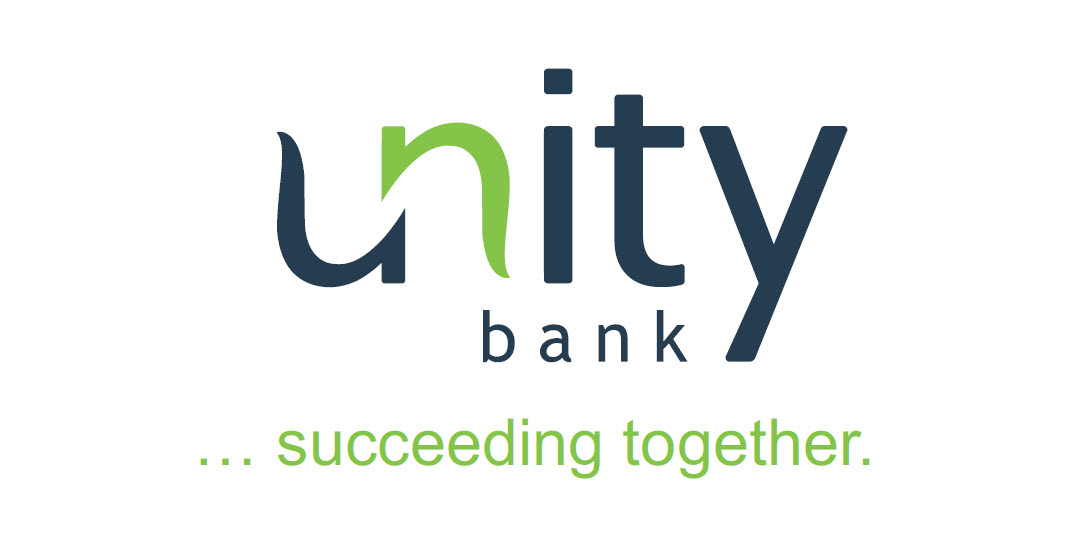Unity Bank Plc yesterday reduced its over 2,000 workforce by sacking 215 members of staff, it was reliably learnt.
The exercise, it was further leant, was to enable the lender realign its operation and pursue a long term growth strategy.
Some of the downsized staff members were said to have opted to resign while management approved severance package for them in line with the bank’s policy.
The lender last May, forged a strategic alliance with Black Trituium, equity and investment fund manager.
The bank said it in a report on its website that it was driven by the vision to be the retail bank of choice for all Nigerians and “this is at the core of all that we do”.
Investigation revealed that the affected members of staff were those that achieved less than 40 per cent of their performance target, which affected the lender’s overall profitability in recent years.
The downsizing, which cut across all cadres including junior, middle and top management positions, happened at a time majority of banks are battling with poor profitability over harsh economic conditions and heightened business risks from the plunge in crude oil prices.
The bank is also said to have attracted specialist skills to its workforce since the relocation of its head office from Abuja to Lagos, which was in line with its plan to grow market share in viable clusters of the retail market.
A source close to the bank said the new focus of the business has led to significant enhancement of human capital in its various business units.
This was with a view to injecting fresh ideas, initiatives and energies to strengthen its various departments with capabilities to pursue the attainment of strategic business focus in the Agricultural financing, retail/Small and Medium Enterprises (SMEs) and development of rural economy.
It bank, it was further leant, recently hired about 200 new staff to drive the transformation initiative while about 100 other staff were said to have been promoted.
Commenting on this development, an industry expert asserted that these exercises are part of the hard choices that forward-looking organisations desiring optimum performance had to take from time to time to enable it deliver consistently on shareholders expectations.
In the report on its website, the lender said it was one of Nigeria’s leading retail banks with 240 business offices spread across the 36 states and the Federal Capital Territory. “We are Nigeria’s seventh largest bank by business locations,” it said.
The Nation learnt that the new investor in the bank, Black Trituium, was committed to making significant equity investment in the bank.
This strategic alliance will expand Unity Bank’s business scope, strengthen its capital base and support the bank’s retail strategy while meeting the investment objectives of Black Trituium. The Black Trituium manages funds for individuals and institutions such as Trade Union Congress (TUC).
The collaboration with the bank is expected to expand the retail and Small and Medium Enterprises segment of the bank. Investment analysts see this as a unique opportunity with the potential of broadening the bank’s customer base and provide long term stakeholders value.
Furthermore, given the current economic outlook, this strategic alliance will come with immediate benefits that will enhance the capacity of the bank to meet the needs of its banking public.The alliance will also support government’s initiatives aimed at driving growth in the real sector through Small and Medium Enterprises (SMEs) and retail products, with particular focus on the agricultural sector.
Unity Bank commenced operations in January 2006 following the merger of nine financial institutions with competences in investment, corporate and retail banking.

 Billionaire Watch3 weeks ago
Billionaire Watch3 weeks ago
 Startups4 weeks ago
Startups4 weeks ago
 News4 weeks ago
News4 weeks ago
 News4 weeks ago
News4 weeks ago
 Bitcoin4 weeks ago
Bitcoin4 weeks ago
 Naira4 weeks ago
Naira4 weeks ago
 Forex3 weeks ago
Forex3 weeks ago
 Treasury Bills4 weeks ago
Treasury Bills4 weeks ago

























